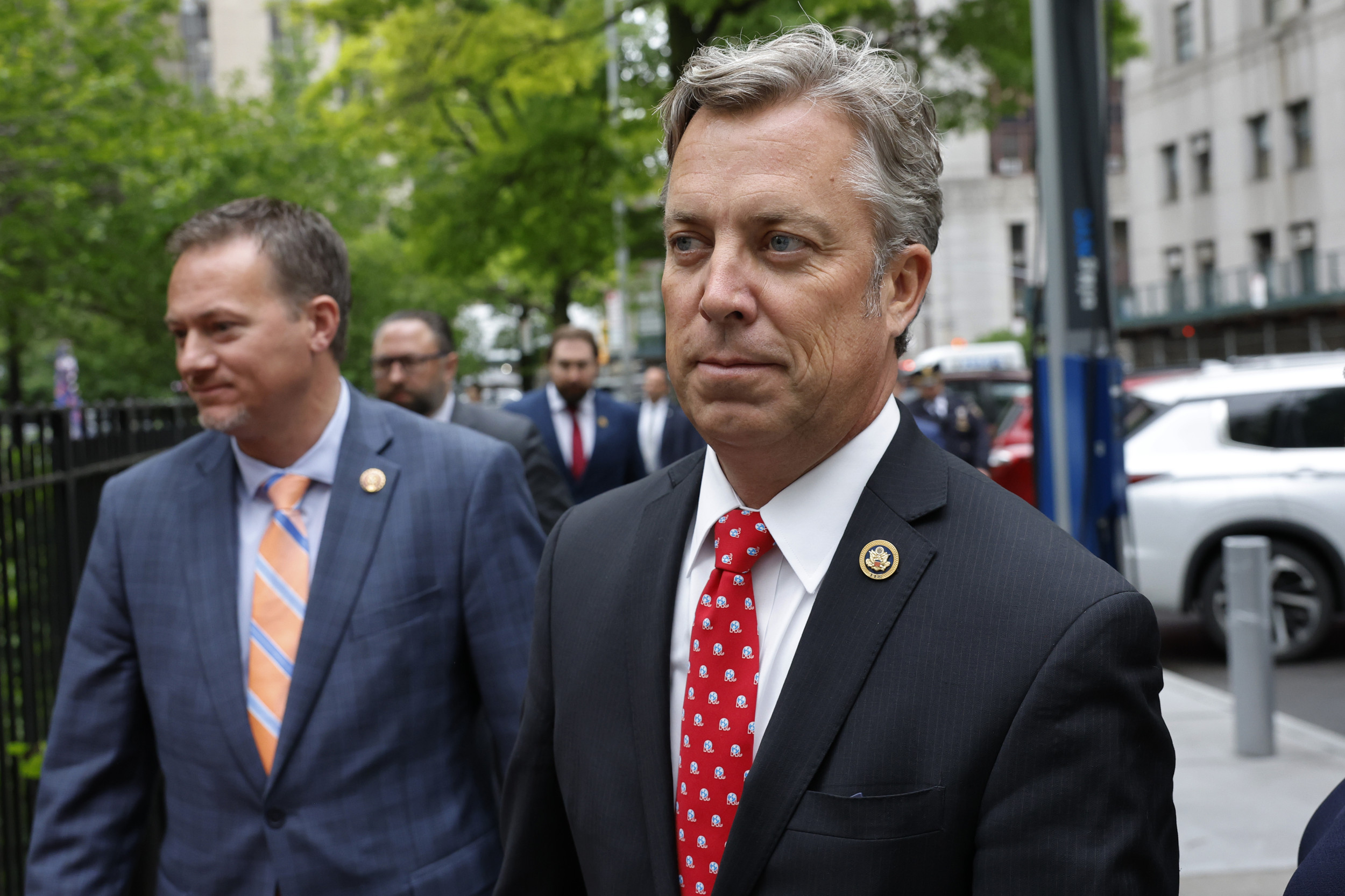New regulations for the
elections of the doge introduced in 1268 remained in force until the end of the republic in 1797. Their intention was to minimize the influence of individual great families, and this was effected by a complex electoral machinery. Thirty members of the Great Council,
chosen by lot, were reduced by lot to nine; the nine chose forty and the forty were reduced by lot to twelve, who chose twenty-five. The twenty-five were reduced by lot to nine, and the nine elected forty-five. These forty-five were once more reduced by lot to eleven, and the eleven finally chose the forty-one who elected the doge.
Election required at least twenty-five votes out of forty-one, nine votes out of eleven or twelve, or seven votes out of nine electors.









